GPI is the acronym for the Global Peace Index. This measures the comparative environments of countries for their peacefulness. In the most recent update for 2017, the GPI ranked 172 individual countries and territories (that made up 99.7 percent of the population of the globe) for their peaceful levels. Over the last decade, GPI showed an increasing trend for rising violence around the world.
This GPI report is drafted and released by the IEP Institute for Economics and Peace. A highly esteemed international panel of experts on peace consults to create the final rankings and report.
These experts come from peace think tanks and institutes to work with data gathered and compiled by the Economist Intelligence Unit. This index became initially launched back in the year 2009. Since then, the reports have been released once per year. The first year saw only 121 countries and territories compared.
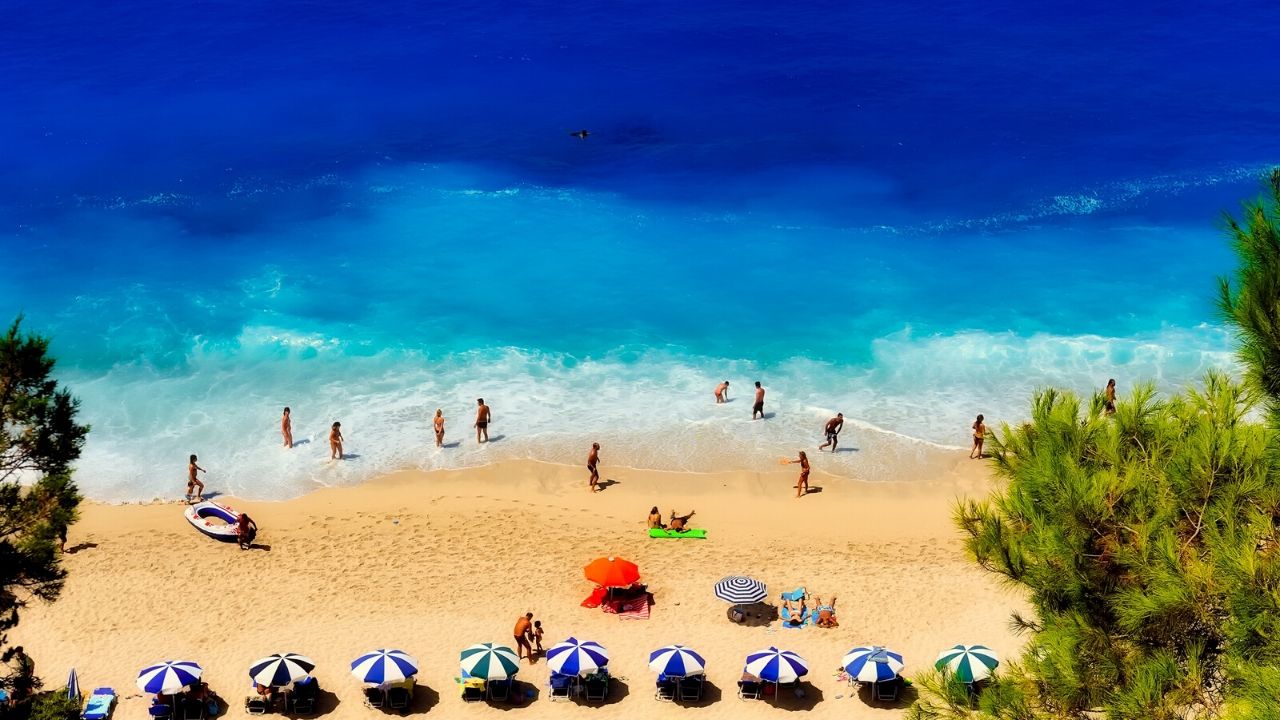
How Does the GPI Work?
The way the GPI index works is through carefully quantifying peacefulness on a national and regional scale. GPI researches to what extent the country in question is enmeshed in continuing international and domestic violence. It looks to consider the harmony level in a given country versus its level of discord.
They utilize ten separate indicators to assess the security and safety of society. It is inferred that fewer terrorist acts, lower crime rates, fewer violent demonstrations, stable politics, good relations with neighboring states, and a low number of displaced citizens will indicate that a country is peaceful.
The index has broadened its scope to include 23 separate indicators by the 2017 edition to determine the peaceful score of all nations and territories assessed. These indicators undergo review from the experts’ panel each year. Every indicator yields a score of from one to five.
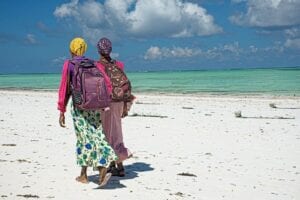
Check also safest countries in Africa
Eight primary peaceful pillars underpin the GPI rankings. These include the following:
Stable business environmentCapable governmentAcceptance of human rightsFree-flowing informationSound international relations with neighboring statesLower corruption levelsHigher levels of human capitalFair distribution of national resources
The most important of these pillars in nations that are suffering from violence include lower corruption levels, effective government, good international relations, and accepting the rights of others in society.
Which African countries are the most dangerous?
Somalia, South Sudan and Central African Republic are considered as the most dangerous countries in Africa in 2020, according to the Global Peace Index. The rank is based on current economical, political, governmental situation and crime statistics. Traveling in these countries on your own is not recommended and you should be guarded by local police guide.
Next, we will consider the eight most dangerous countries within the continent of Africa in 2020. Sadly, most of these nations sit at the very bottom of the GPI index rankings when compared to all of the other countries in the world.
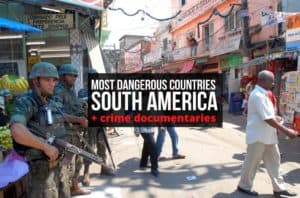
Most Dangerous Countries in South America
10. Burkina Faso – 146
According to the Canadian Government, Travelers should avoid all travel to Burkina Faso, especially in the northern area and border region as follows.
Northern region
Due to the proximity of Mali and Niger, where criminal and terrorist groups are active, the threat of kidnapping remains in Burkina Faso’s northern region. If you intend to visit these areas despite the warning:
maintain constant vigilanceuse a variety of unpredictable routes and itinerariesuse an armed security force as an escort
Border regions
Terrorism, banditry, and kidnapping are all prevalent in Burkina Faso’s border regions, particularly along its borders with:
BeninCôte d’IvoireMaliNigerTogo
In certain areas, states of emergency may be declared. When a state of emergency is declared, security forces have expanded their authority to undertake searches, seizures, and detentions of persons of interest. Some civil liberties, such as the right to protest and hold large gatherings, may be suspended.
Curfews may also be imposed by local authorities without notice.
9. South Sudan – 147
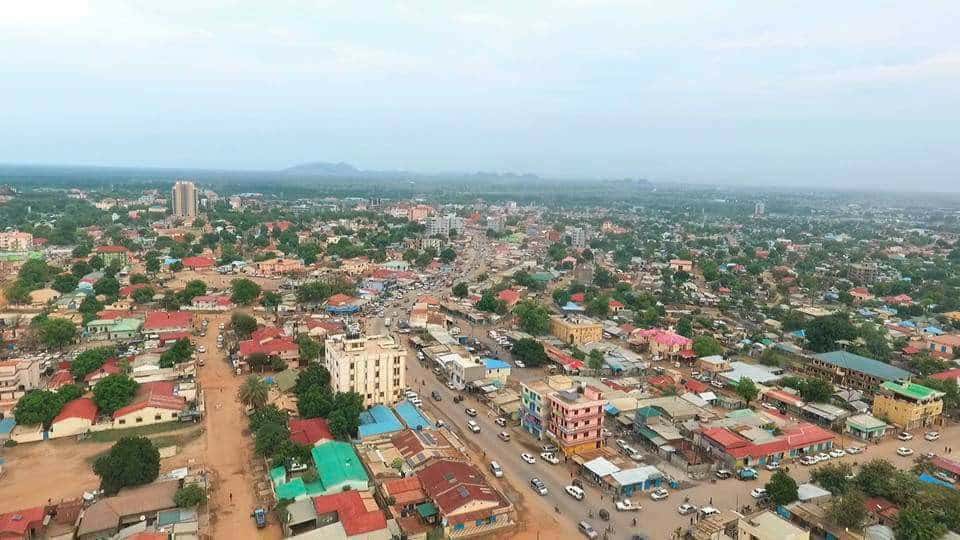
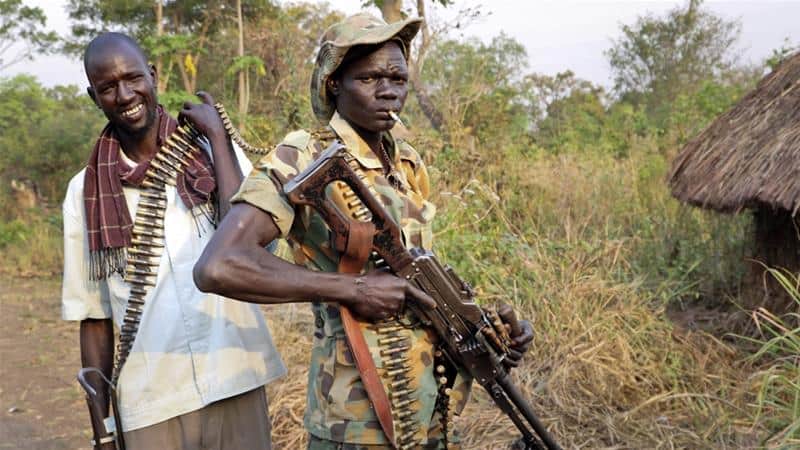
UN: Civilians brutally targeted in South Sudan violence
The newest country in Africa is the South Sudan that broke away successfully from Sudan back in 2011. The biggest city and capital is Juba. A referendum (supported by the international community) for the independence of South Sudan received 98.83 percent support.
Unfortunately, the nation has experienced first ethnic violence and then a civil war from year 2013 until February 22nd of 2020. At this point, the two rival claimants Riek Machar and Salva Kiir agreed to a unity compromise that saw them form a coalition government together.
With 12 million people who are primarily Nilotic tribes, the nation is also among the youngest nations demographically on earth. About half of the population is less than 18 years of age. Most of the people are Christians with a small minority of traditional African tribal religions also present in South Sudan.
8. Mali – 145
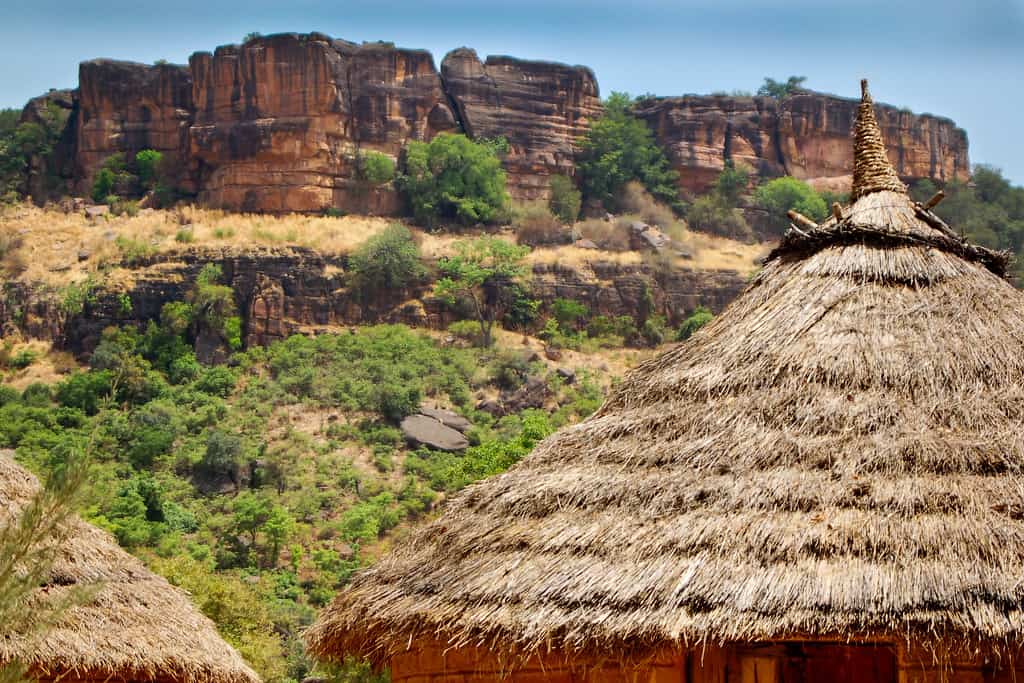
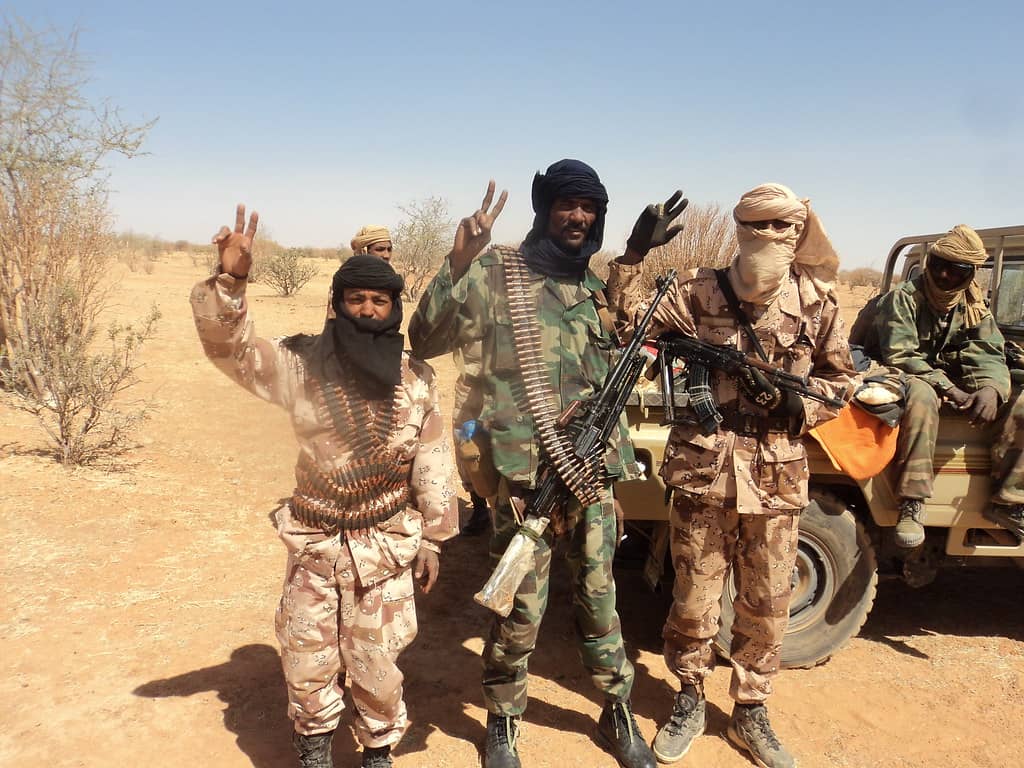
Mali is the large landlocked nation found in West Africa. This eighth biggest state of Africa has a population of only 19.1 million and a capital at Bamako. A high 67 percent of the national population was under 25 years of age back in 2017.
The national economy is built upon mining and agriculture. Among the national resources of great value are gold and salt. In fact, Mali is the third greatest gold producer on the continent to this day.
Mali has been beset by armed conflict since January of 2012. That year, the Tuareg rebels seized control of a northern territory in Mali. By April they had declared their own nation called Azawad. The struggle became more severe because of a corresponding military coup in March of the same year.
Fighting erupted between the Tuareg and various other rebel factions. Mali appealed to its former colonial masters the French for help. France dispatched a military expedition under the name of Operation Serval by January of 2013. It took only a month for the French-led Malian national forces to retake the majority of the northern rebel territory. On July 28th of 2013, the country went to the polls and finished its run-off second election on August 11th. They also engaged in legislative elections on November 24th and December 15th of the same year.
7. Ethiopia – 149
Ethiopia has a level 3 travel advisory (Reconsider Travel) by the U.S. government.
According to the officials, travelers should reconsider travel to Ethiopia “due to armed conflict, civil unrest, communications disruptions, crime, and the potential for terrorism and kidnapping in border areas.”
Travelers must not visit:
Tigray region and border with Eritrea due to military clashes, civil unrest and crime.Amhara region due to armed conflict and civil instabilityAfar region due to armed conflict and civil instabilityBorder area with Somalia due to the possibility of terrorism, kidnappings, and land mines.Border areas with Sudan and South Sudan have been closed due to crime, kidnappings, civil unrest, and ongoing fighting between numerous armed groups.Border areas with Kenya because of the possibility of terrorism and racially motivated conflict.Wollega zones in the Oromia region have been affected by violence and civil instability.
Keep in mind that U.S. officials have very limited consular access to U.S. citizens detained by Ethiopian authorities.
6. Libya – 151
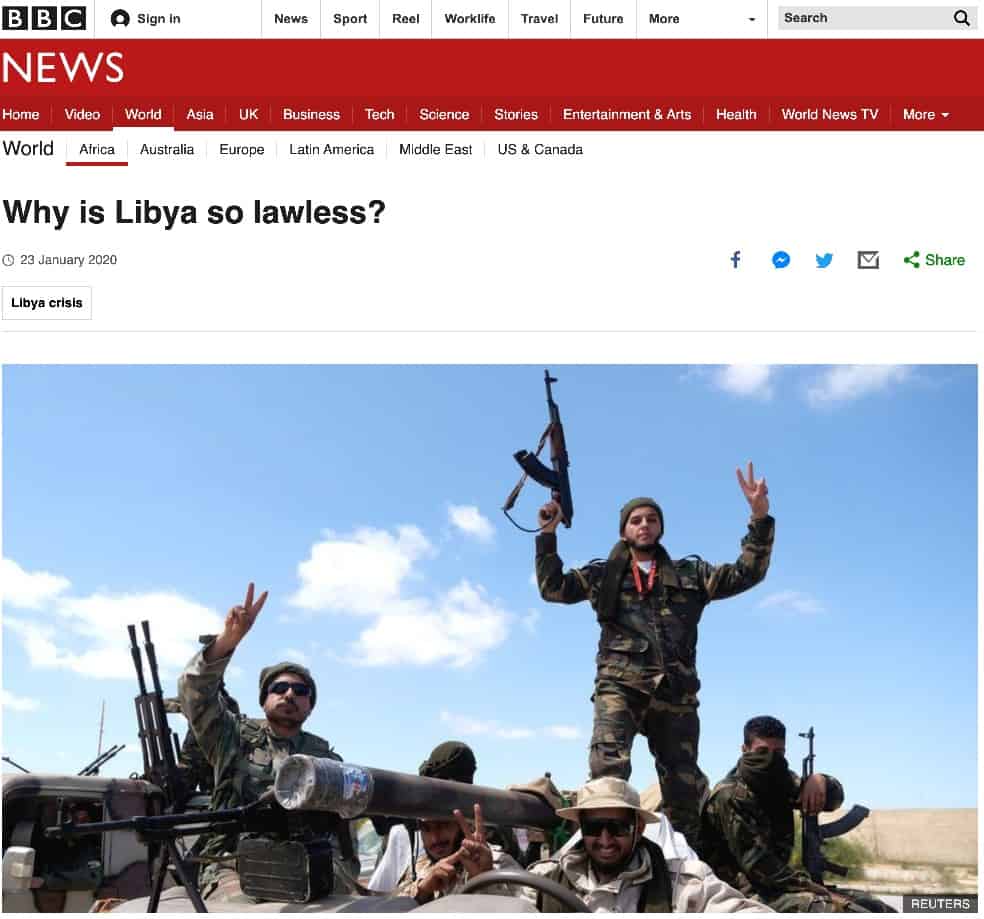
Read the full article here
The fourth-biggest country territorially in Africa is Libya. The Islamic country is also the 16th biggest on the planet by land. Libya is blessed with the tenth biggest proven oil reserves on earth as well. Its capital and largest city is Tripoli on the northwest coast. More than a million of the six million inhabitants of Libya call Tripoli home. The country’s second city is called Benghazi, found in the northeast of the country.
The nation gained independence from Italy back in 1951. It existed as a kingdom under King Idris I from 1951 to 1969. At this point, Muammar Gaddafi overthrew the king in the “bloodless coup.” He presided over the Libyan Cultural Revolution during the year 1973 up to the point he died in the Libyan Civil War in year 2011.
Sadly for Libya, the nation has not known real peace since the Libyan Civil War erupted. A second civil war began between the two rival governments in Tripoli backed by the West and the Tobruk of the east. It has been made more savage by the participation of numerous Islamic and tribal militias. The talks to end the second civil war continue to this day.
5. Sudan – 154
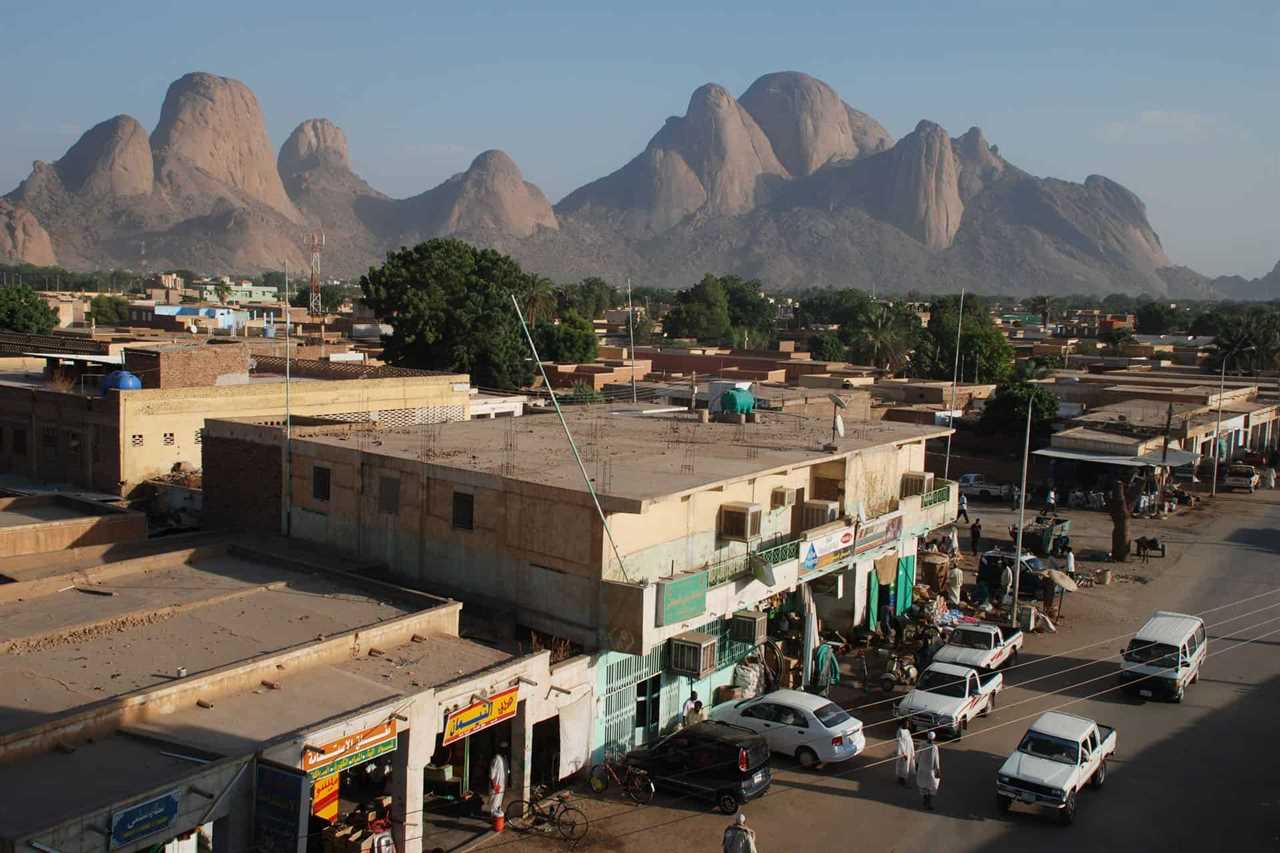
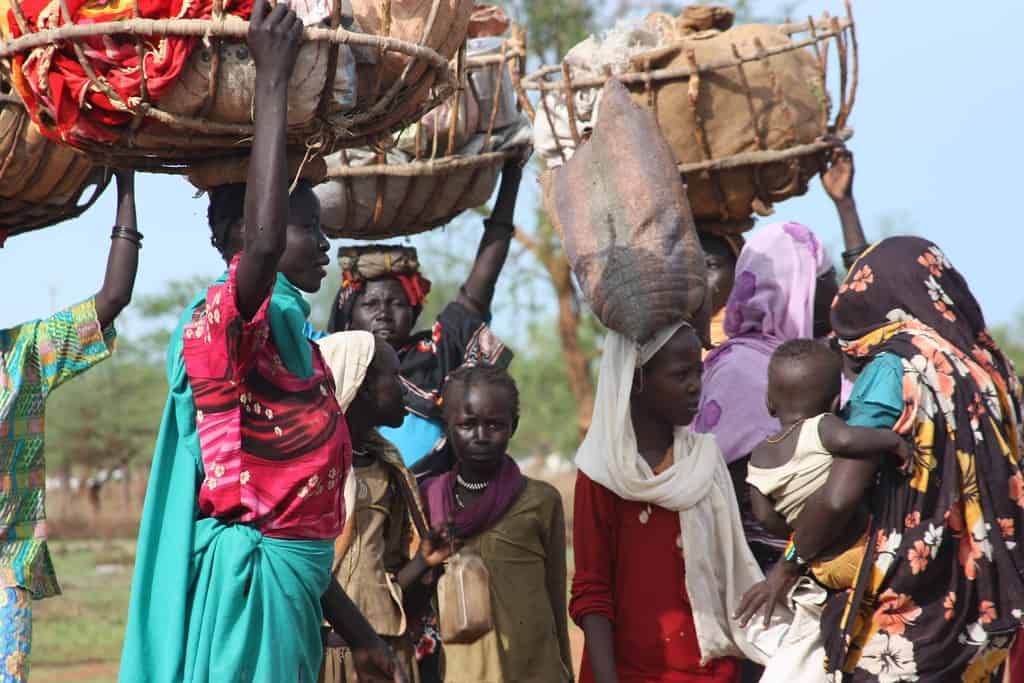
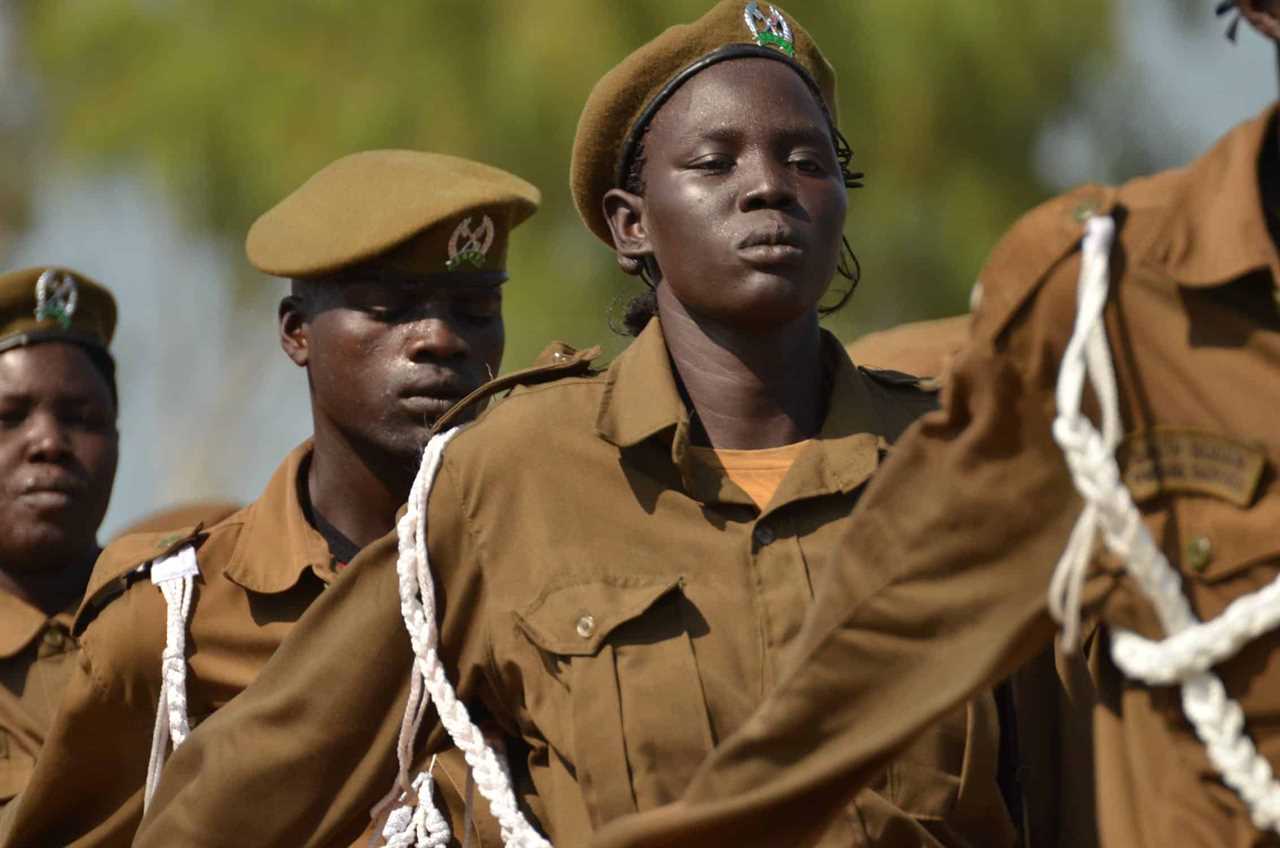
According to 2018 national estimates, Sudan counts a population of 43 million and is the third biggest nation by territory on the continent. It is also the third largest of the Arab world. Until a few years ago, the Sudan enjoyed the status as largest nation in both Africa and the Arab world before the secession of South Sudan in 2011.
Sudan gained its independence in 1956. It has suffered the rule of numerous unstable military regimes alternating with parliamentary democracies since then. The country went under strict Islamic Sharia law in 1983 under the leadership of Gaafar Nimeiry. It only made tensions reach a boiling point between the Islamic north and Christian south. The rivalries between religious beliefs, language, and political power burst into a violent civil war between the National Islamic Front-backed government armies and the Sudan People’s Liberation Army-backed southern rebels. This only ended when South Sudan gained full independence from the north back in 2011.
Up till 2019, Sudan suffered from a 30 year duration military dictatorship under the leadership of Omar al-Bashir. His governing choices led to a Darfur Region war in 2003. The leader has been accused of performing ethnic genocide. In the end, the army killed between 300,000 and 400,000 locals. A successful coup overthrew Bashir on April 11th of 2019.
4. Central African Republic – 155
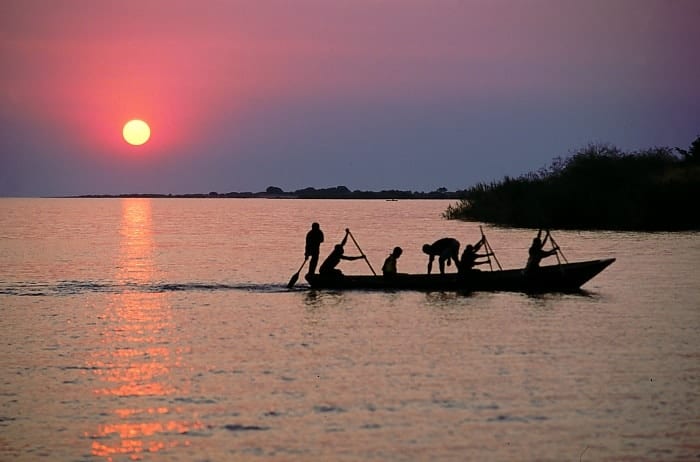
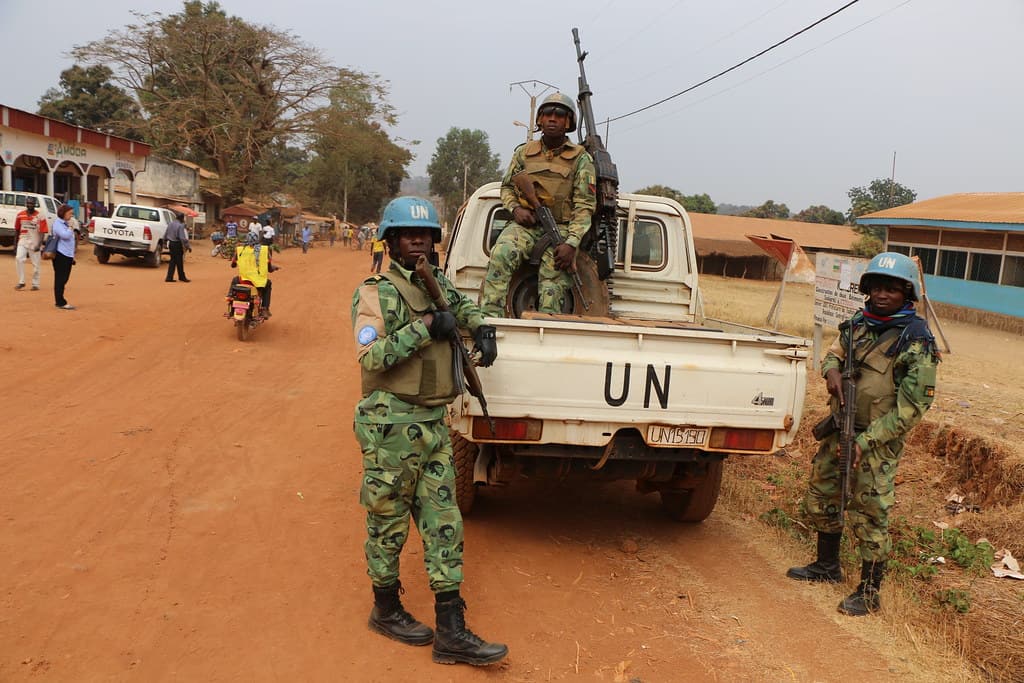
Presence of UN troops is the only large-scale security measure in CAR. Major contributors are Rwanda, Pakistan and Bangladesh. Cameroon troops patrol the center of Bozoum during the regional Mining Center opening. Unfortunately, is possible that the center will attract attention of armed groups. READ MORE HERE
The Central African Republic attained its independence in 1960. It then suffered through a variety of dictatorial rulers that included a brief attempt at monarchy. In the 1990s, the clamor for democracy caused the country to undergo its initial multiple-party elections in the year 1993. The first democratically elected president was Ange-Felix Patasse. He later fell to General Francois Bozize during a 2003 year coup.
The following year, the Bush War erupted in the Central African Republic. Although peace treaties were signed first in 2007 then in 2011, the civil war began afresh by 2012. Per the year 2020, the CAR suffers still from that civil war that has not seen a conclusive ceasefire since it began in the year 2012.
The nation is well-endowed with substantial valuable minerals and resources like crude oil, diamonds, gold, uranium, lumber, cobalt, and hydropower, along with significant amounts of arable land, yet it remains one of the ten most impoverished nations on earth. Its GDP per capita ranked by purchasing power parity is the lowest in the world per year 2017.
The Human Development Index shows it to be the second worst-ranked out of 189 nations too per year 2019. Finally, the CAR has the dubious dual honors of being the least healthy nation on earth and the worst place to live like a young person.
3. Democratic Republic of Congo – 156 GPI Rank
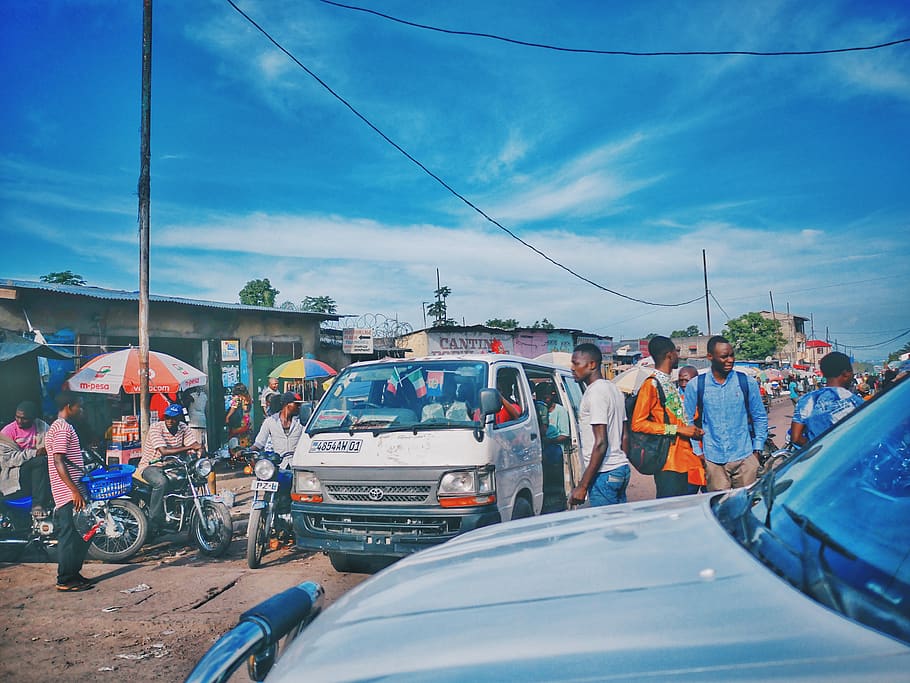
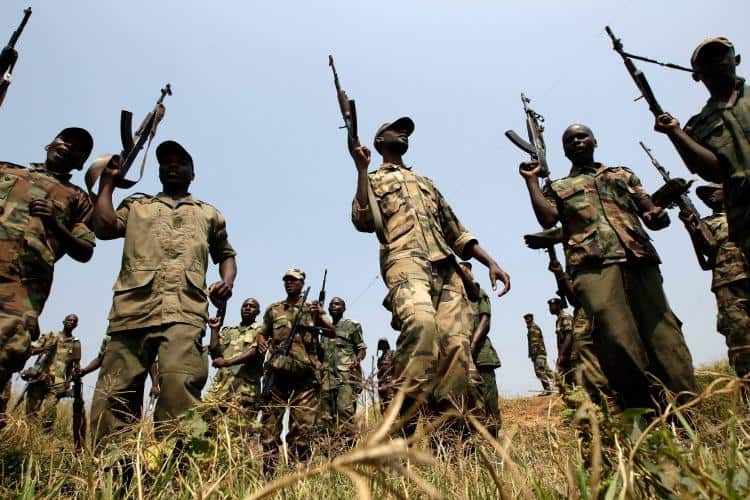
Violence in the Democratic Republic of Congo
The biggest nation of sub-Saharan Africa and second biggest on the continent is the DRC. This Congo (formerly called Zaire) is also the 11th biggest territorially on earth. The population amounts to 84 million, earning it the spot of largest French speaking nation and fourth-biggest nation by population on the continent. The DRC is also the 16th highest populated nation in the globe. There has been a continuous military struggle in the eastern region of Kivu dating back to 2015.
The large territory of the DRC is based on the Congo River Basin. This country boasts vast natural resources but has not been able to capitalize on them because of poor infrastructure, political instability in government, severe corruption, and little development despite several hundred years of colonial exploitation and theft by the Belgians and their imperialist King Leopold.
The three largest cities are capital Kinshasa, Lubumbashi, and Mbuhi-Mayi, the latter two of which are mining cities. The biggest single export from the DRC is raw minerals, over half of which went to China in 2012. The appalling level of conditions is evident in their poor national 176 ranking (out of 187 total) on the Human Development Index.
Per 2018, approximately 600,000 native Congolese had immigrated from conflicts in the east and center of the nation to neighboring states that are more peaceful. There are a shocking two million children at risk of starvation, while the conflict has forced the displacement of over 4.5 million inhabitants.
2. Sirya – 161
The government of Australia advises us not to travel to Syria for multiple reasons.
According to Australian officials, the security situation in Syria is extremely threatening due to armed conflict, airstrikes, high levels of violence, terrorism, and kidnappings and chemical weapons that can be used in the conflict.
Avoid potential terrorist targets if you are in Syria contrary to their warning. Get professional security advice while you are there. Stay in a safe place and keep your movements to a minimum. Stock up on food, drinks, fuel, and toiletries.
Many foreigners have been kidnapped, especially humanitarian workers and journalists. Vary your daily routine so your movements are not noticeable to others.
Protests can turn violent. Authorities have arrested people near demonstrations, regardless of their nationality. Large public gatherings should be avoided.
1. Somalia – 163 GPI Rank
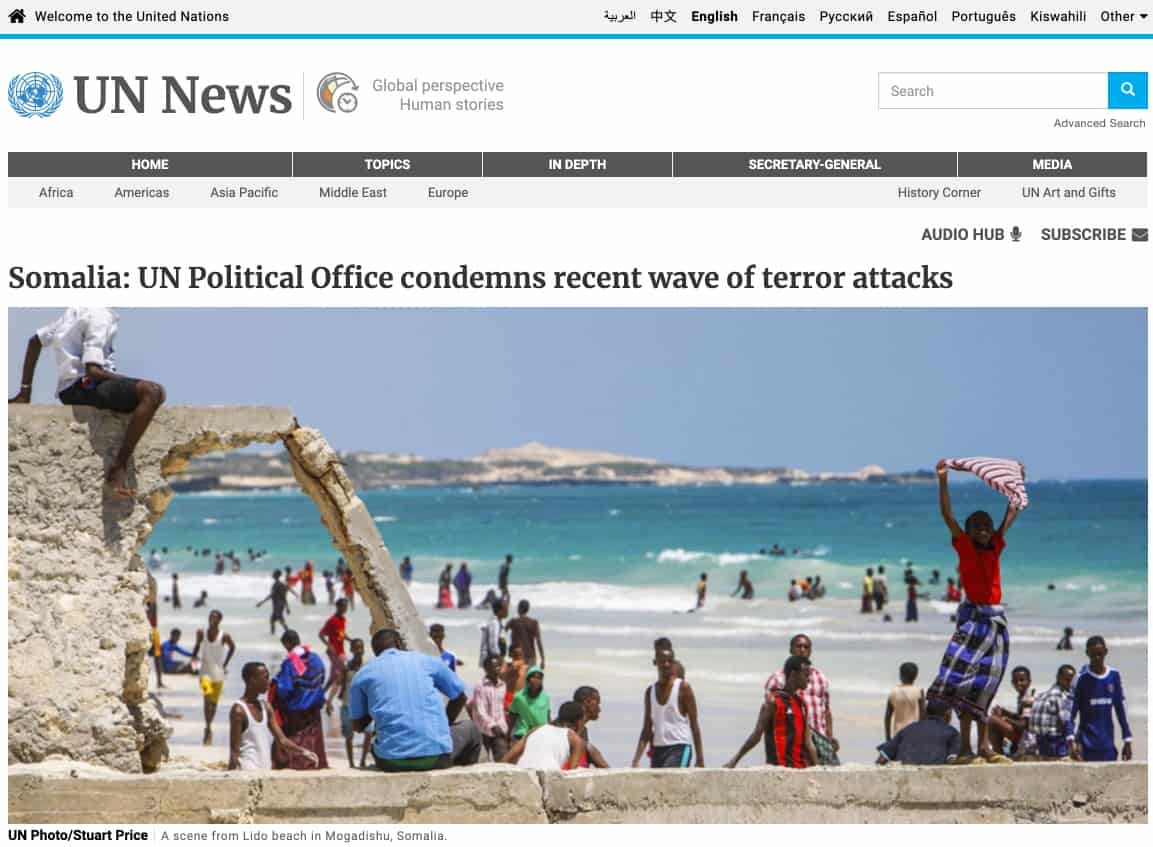
read more here
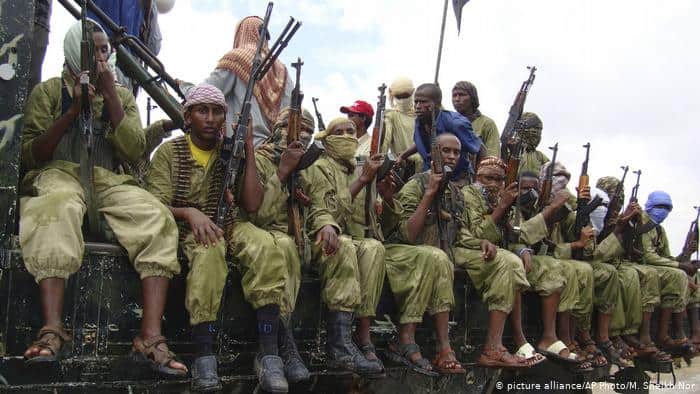
Somalia Security Crisis
Somalia and its 15 million inhabitants have been called the most homogenous country culturally on the continent. Approximately 85 percent of the citizens claim to be ethnically Somali. A few minorities mostly live in the south of Somalia. The two national languages of Somalia prove to be Somali and Arabic. The majority of the population adheres to the Islamic faith as Sunnis.
In 1969, the Supreme Revolutionary Council grabbed power to set up the Somali Democratic Republic. This fell around 22 years after the fact in year 1991. The Somali Civil War destroyed it. This civil war caused the majority of its regions to go back to religious, traditional law.
By the onset of the new millennium, many federal administrations became established. The insurgents suffered the loss of the majority of their territory (that they had managed to seize over the past decades) by 2012 mid-year. An attempt to set up democracy ensued. August of 2012 saw the passage of a provisional constitution. The Federal Government of Somalia arose that same month and year.
Mogadishu the capital then became rebuilt after over two decades of fighting. Somalia’s economy today is highly informal. It relies heavily on livestock, telecommunications, and overseas Somalis remitting money back home to their families.
The post 10 Most Dangerous Countries in Africa 2022 – GPI Rank appeared first on Traveling Lifestyle.
-----------------------------
By: Viktor Vincej
Title: 10 Most Dangerous Countries in Africa 2022 – GPI Rank
Sourced From: www.travelinglifestyle.net/most-dangerous-countries-africa/
Published Date: Sat, 24 Sep 2022 12:59:00 +0000
Read More
Did you miss our previous article...
https://carefreevoyage.com/digital-nomads/8-best-beaches-in-jamaica-to-visit-in-fall-2022
 Privacy PolicyTerms And Conditions
Privacy PolicyTerms And Conditions
